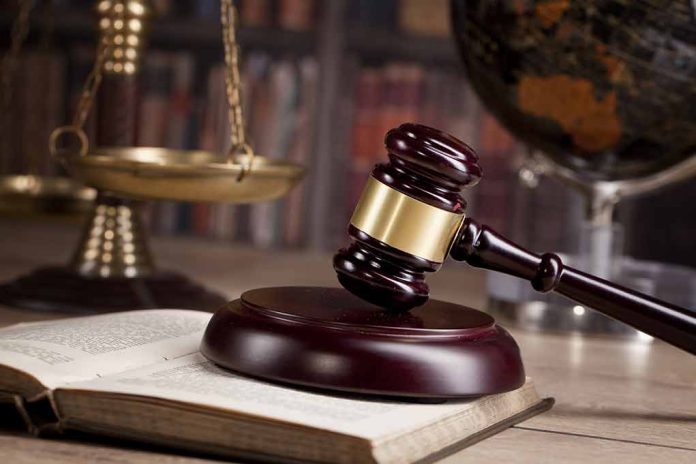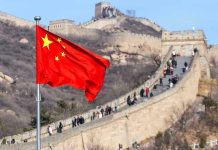
The recent court ruling in Washington dismissing the head of a federal oversight body has once again ignited the heated debate over the extent of presidential power and the fundamental checks and balances within our government.
Key Takeaways
- An appeals court supported President Trump’s authority to remove Hampton Dellinger from the Office of Special Counsel.
- The dismissal has sparked discussions about the executive branch’s power and the role of watchdog agencies.
- Judges from different administrations played a role in supporting the President’s decision.
- Dellinger, appointed by President Biden, had led efforts to protect federal whistleblowers and challenge previous firings.
The Courts Weigh In
The D.C. Circuit Court of Appeals allowed President Trump to remove Hampton Dellinger, the head of the Office of Special Counsel (OSC), amid ongoing debates over presidential authority. The court paused a lower court’s decision that favored Dellinger, originally appointed by President Biden for a five-year term. This decision underscores the dynamic between presidential power and independent oversight.
Previously, a government panel had ruled that over 5,000 USDA employees, fired under the Trump administration, should be reinstated, following a request from Dellinger’s office. The OSC, which Dellinger led, was crucial in protecting federal employees from unlawful actions and investigating whistleblower retaliation. With a focus on transparency, Dellinger also began challenging the firing of thousands of probationary workers.
Presidential Power vs. Oversight
Central to this legal battle is the assessment of presidential power versus the independence of special counsel roles. Dellinger argued that his firing was “unlawful” without cause, while a review by the U.S. Court of Appeals, including judges nominated by previous administrations, upheld Trump’s authority. The appeals court’s decision adds complexity to the debate over the separation of powers and the checks and balances in place to prevent overreach by any government branch.
The White House, supporting the removal, cited potential disruption to the OSC’s work. Meanwhile, Dellinger plans to challenge this ruling at the Supreme Court, further spotlighting this pivotal issue. The acting Solicitor General argued for the president’s broad removal power, pointing to constitutional backing for executive decisions.
Implications for the Future
This case emphasizes the enduring debate over presidential authority and independent agency leadership. Critics argue that undermining protections for special counsels could endanger whistleblower safeguards, which are essential for government accountability. The decision carries substantial implications for the balance of power within federal oversight bodies and the executive branch. The extent of presidential power remains a critical issue, with widespread consequences for future administrations and their dealings with independent oversight bodies.
“As this Court observed just last Term, ‘Congress cannot act on, and courts cannot examine, the President’s actions on subjects within his conclusive and preclusive constitutional authority’ —including ‘the President’s unrestricted power of removal with respect to ‘executive officers of the United States whom [the President] has appointed.'” – acting Solicitor General Sarah M. Harris
The outcome of Dellinger’s anticipated Supreme Court appeal may set a precedent for executive interactions with watchdog roles, affecting how checks and balances are interpreted and applied in upcoming government actions.
Sources:
- Trump can remove head of federal watchdog for now, appeals court rules
- Appeals Court Unanimously Allows Trump to Fire Special Counsel – Newsweek









